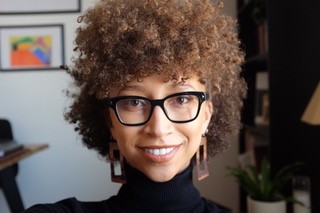This year’s West Coast Conference in Formal Linguistics (WCCFL 41) featured a great many talks and posters by both students and faculty from UMass, both current and former.
In alphabetical order, this work included:
Rajesh Bhatt, Arka Banerjee, and Kousani Banerjee, “Egocentric Questions in Bangla: Rhetorical or Information-Seeking, but Always Surprising”
Seth Cable and James Crippen, “Stative Marking in Tlingit: Evidence for the Complexity of States”
Amy Rose Deal and Justin Royer, “Mayan Animacy Heirarchy Effects: A Dynamic Interaction Approach”
Angelica Hill, “What About ‘About To’? A Semantic Proposal for Proximate Future Constructions”
Rodica Ivan and Ion Giurgea “Two Types of Anaphoric Relations in Pronouns Consequences for their Syntactic Analysis”
Jon Ander Mendia “Between Aspect and Modality: The ‘Soler+Infinitive’ Periphrasis in Spanish”
Zahra Mirrazi, “Choice Functions and Binder Roof Constraint”
Zahra Mirrazi and Michela Ippolito, “Modal Past as Past: Evidence from non-SOT Languages”
Marcin Morzycki and Starr Sandoval “Propositional How and Implicit Modality”
Deniz Ozyildiz, Maribel Romero, Ciyang Qing, Floris Roelofsen, Wataru Uegaki, “Immobile Remnants of Japanese Why-Stripping”
Paul Portner and Xiang Li, “Overt Deixis and Null Anaphor in Uyghur Attitude Reports”
Brandon Prickett, “Explaining Sour Grapes Harmony’s Unattestedness with Agent-Based Modeling”





